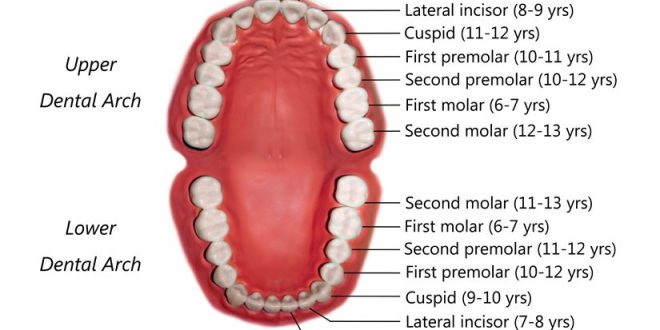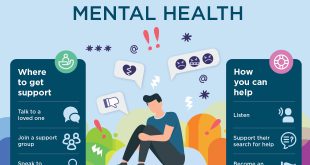Do you know the names of all your tooth chart adult, not just the front ones? Can you tell your dentist at the appointment which tooth hurts when you chew on that side? If you don’t, here’s a helpful chart to help you learn the names and numbers of your teeth. Keep in mind that this chart applies to adults, while children may have additional names or numbers to help distinguish between baby teeth and permanent teeth.
How Many Teeth Do You Have?
The number of teeth you have depends on your age. Usually, you’ll have 20 primary teeth by the time you’re 12 years old, but there are exceptions. For example, people born prematurely or with a developmental disability may not develop all their teeth by 12 years old. All in all, though, there are 32 adult teeth that form during childhood; with some of them moving around to make room for permanent teeth that come in later. If you want to know how many teeth you have at any given moment, keep reading!
The first set of baby teeth is called milk teeth because they erupt through the gums when babies are just a few months old. After those come in, another set—the permanent teeth—will start forming behind them between ages 6 and 8. Each child will get two more sets of baby teeth before losing their last milk tooth (usually between ages 10 and 13). Then comes another three sets of permanent molars before losing one last tooth (usually sometime between ages 25 and 30). By then, most adults will have 32 total adult teeth.
Where Are They Located?
There are 32 permanent teeth in total. Where they’re located depends on how old you are (when they’re fully developed). If you have your first adult tooth, called a second bicuspid, it will be located between your canines in your upper jaw. This is true no matter what age you are when it appears. Otherwise, go through our adult tooth chart below to find out where all of your teeth go. It’s important to note that adults don’t have wisdom teeth; if yours haven’t come in yet, they won’t show up on a tooth chart until late teens or early 20s (at around 17-20 years old). The same goes for third molars, which usually appear at 25-30 years old. If you’re under 18 and still growing, check out our kids’ guide to teeth numbers and names instead!
What Do Your Teeth Look Like?
Your teeth are numbered according to how they line up in your mouth. The first lower molar is called tooth number 6, while your third upper left premolar is called tooth number 16. If you want to talk about a specific part of a tooth or one of its roots, use its number plus letter combination. For example, 4H or 3R refers to two different parts of your third upper left premolar. There are four types of teeth in each category (upper right central incisor, lower right lateral incisor, etc.), so there’s some variety when it comes to naming them; for example, there are three kinds of molars—the first upper molar is called 1M and its second is 11M.
What’s So Great About Teeth Anyway?
Our teeth are a major part of our daily lives, but that doesn’t mean we know all there is to know about them. For example, did you know there are 32 teeth in your mouth—and only 12 of them have names? What about how many times do you brush? Or what exactly does cleaning between your teeth mean? Today we’re going to dive into what happens when you lose a tooth, as well as some cool facts about dentistry. Read on to learn more!
 Posting Point
Posting Point

